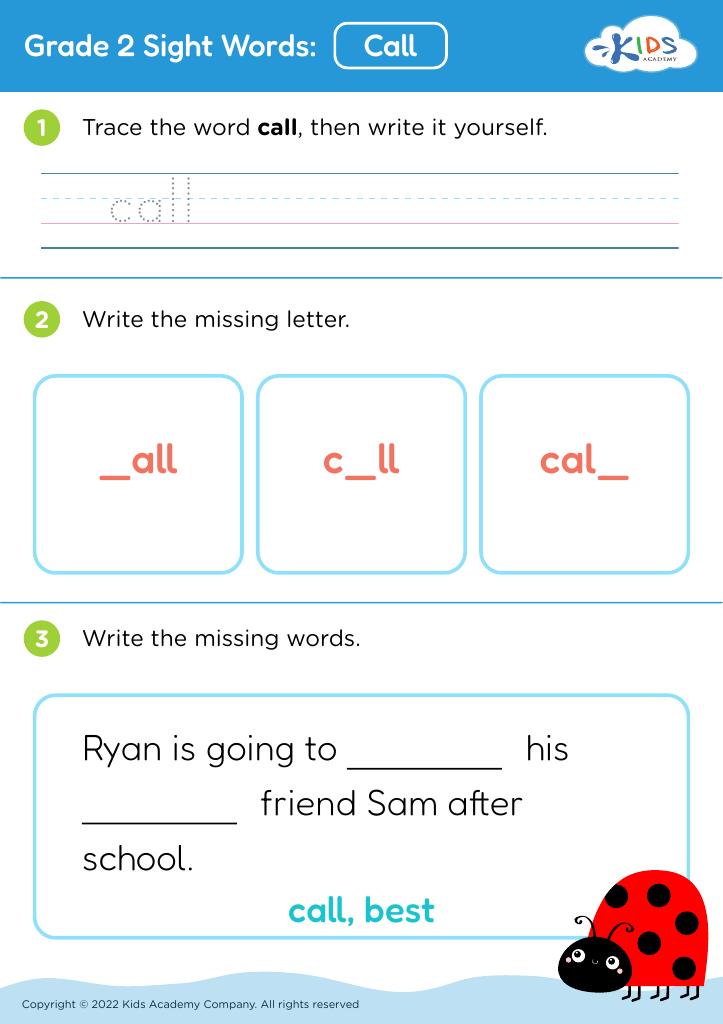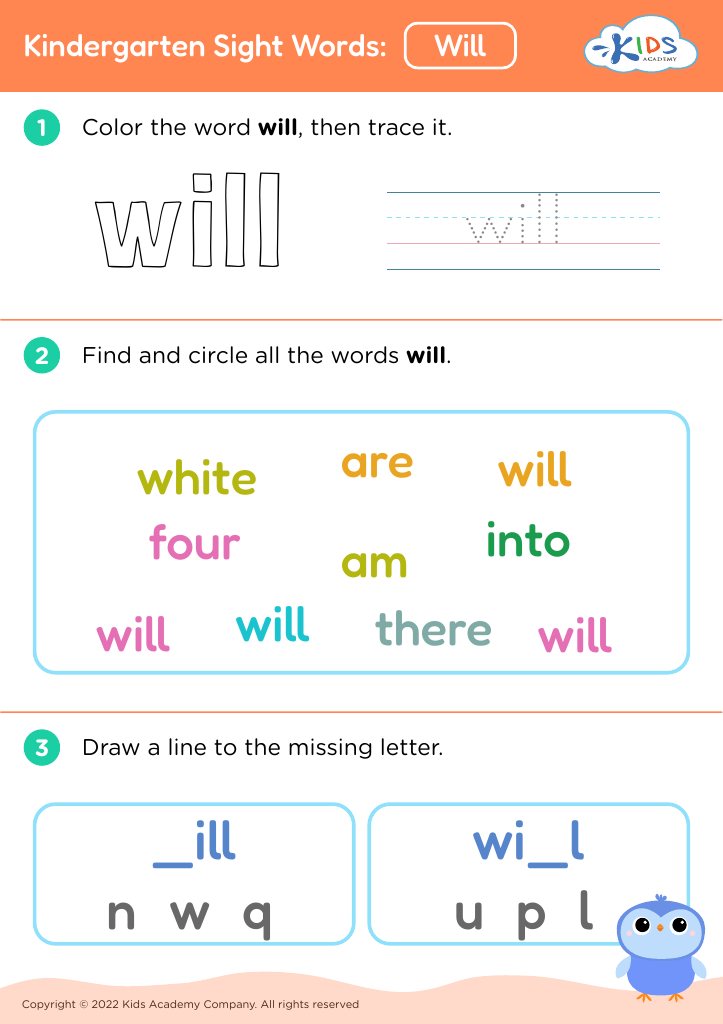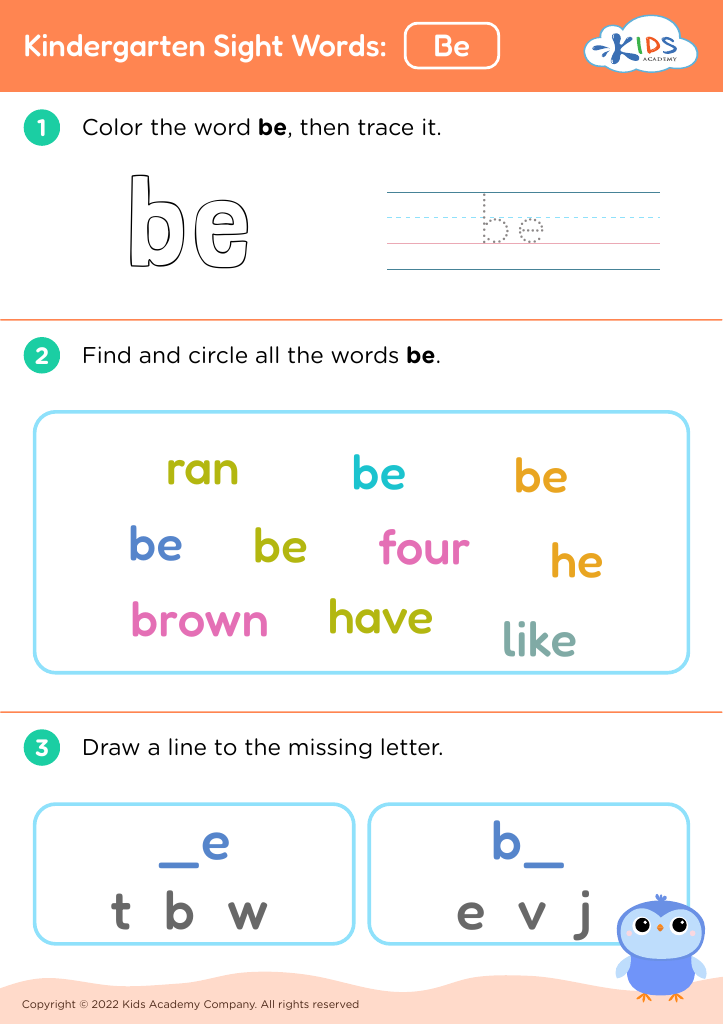Simplifying Fractions Worksheets for Kids - Page 2
29 filtered results
-
From - To
Question/Answer
Why is the Simplifying Fractions skill important for Grade 2 students?
The Simplifying Fractions skill is important for Grade 2 students because it lays the foundation for understanding more complex mathematical concepts. It helps students grasp the concept of equivalence, improve their number sense, and develop critical thinking and problem-solving skills. Simplifying fractions also makes calculations easier and more efficient, fostering a deeper understanding of fractions in future math studies.
What does the Simplifying Fractions skill mean when it comes to Grade 2 Adding up to 50 with Regrouping learning?
The Simplifying Fractions skill in the context of Grade 2 Adding up to 50 with Regrouping refers to streamlining the process of adding numbers that may exceed single digits, ensuring efficient calculation methods. Although fractions are not typically a focus at this stage, the term suggests making steps as straightforward as possible, analogous to simplifying fractions in higher grades.
How does the mastery of the Simplifying Fractions skill affect a student's performance at an early age?
The mastery of the Simplifying Fractions skill at an early age significantly boosts a student's mathematical understanding and confidence. It lays a solid foundation for advanced arithmetic, algebra, and beyond, facilitating a smoother transition into more complex mathematical concepts. This early competence can lead to better problem-solving skills, higher math scores, and a more positive attitude towards learning mathematics.











.jpg)










